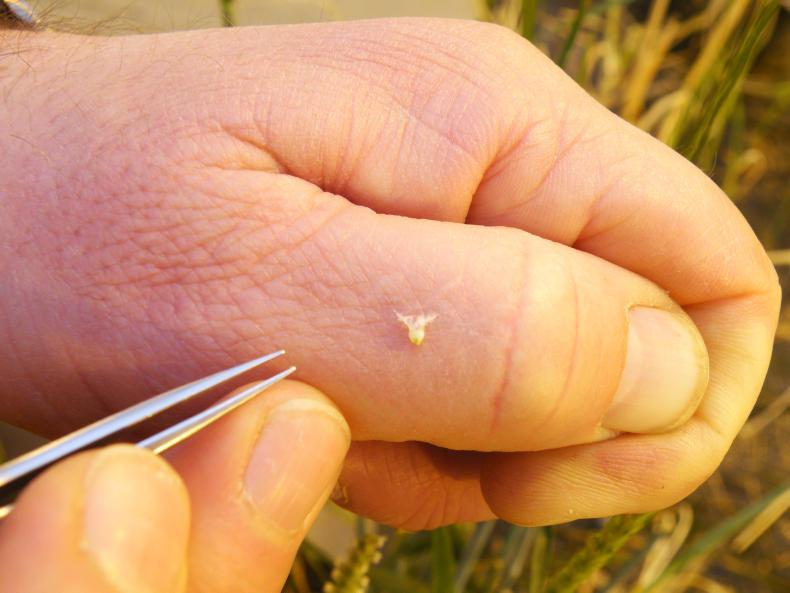A ruling by the European Court of Justice last week has re-opened the debate as to what legislation should govern the many new plant breeding techniques.
Historic interpretation of the new plant breeding techniques (NPBT) law controlled all techniques which altered DNA in plant species, with two main exceptions.
The first was manual/conventional plant breeding and the second one involved subjecting plant to irradiation to generate diversity.
For this reason, many of the powerful new breeding technologies developed in recent years have been held subject to the same rules and regulations that pertained to the original GMO traits. These added DNA into a plant from a different species.
The newer technologies, such as CRISPR CAS9, modify the expression of the DNA coding, but they do not alter the plant because no new DNA is added.
A report on NPBT was completed for the EU in 2013 by the competent authorities of the 28 EU member states, but nothing really happened.
In the meantime, the European Court of Justice (ECJ) had been requested to adjudicate on the original provisions of the directive and it delivered that decision last week.
In his decision, the ECJ Advocate General Michal Bobek noted that the mutagenesis exemption in the original legislation had intended to leave other techniques, which did not directly add foreign DNA, as an option for member states.
He indicated that there was no reason, either from the precautionary principle or the general duty to update legislation, to change the scope of the directive.
In saying this, he appeared to imply that technologies which alter, but do not introduce foreign DNA, could also be exempted from GMO legislation.
While further clarification will no doubt be needed, at least this decision clears the way for real debate on technologies that have become increasingly important for European plant breeders and farmers.
It should be noted that the Advocate General’s opinion is not binding, but ECJ judges rarely go against that advice. A final judgement on this matter is expected in May 2018.
Read more
Gene editing classification could solve GMO debate
Science-based evidence required in GM debate
A ruling by the European Court of Justice last week has re-opened the debate as to what legislation should govern the many new plant breeding techniques.
Historic interpretation of the new plant breeding techniques (NPBT) law controlled all techniques which altered DNA in plant species, with two main exceptions.
The first was manual/conventional plant breeding and the second one involved subjecting plant to irradiation to generate diversity.
For this reason, many of the powerful new breeding technologies developed in recent years have been held subject to the same rules and regulations that pertained to the original GMO traits. These added DNA into a plant from a different species.
The newer technologies, such as CRISPR CAS9, modify the expression of the DNA coding, but they do not alter the plant because no new DNA is added.
A report on NPBT was completed for the EU in 2013 by the competent authorities of the 28 EU member states, but nothing really happened.
In the meantime, the European Court of Justice (ECJ) had been requested to adjudicate on the original provisions of the directive and it delivered that decision last week.
In his decision, the ECJ Advocate General Michal Bobek noted that the mutagenesis exemption in the original legislation had intended to leave other techniques, which did not directly add foreign DNA, as an option for member states.
He indicated that there was no reason, either from the precautionary principle or the general duty to update legislation, to change the scope of the directive.
In saying this, he appeared to imply that technologies which alter, but do not introduce foreign DNA, could also be exempted from GMO legislation.
While further clarification will no doubt be needed, at least this decision clears the way for real debate on technologies that have become increasingly important for European plant breeders and farmers.
It should be noted that the Advocate General’s opinion is not binding, but ECJ judges rarely go against that advice. A final judgement on this matter is expected in May 2018.
Read more
Gene editing classification could solve GMO debate
Science-based evidence required in GM debate






 This is a subscriber-only article
This is a subscriber-only article










SHARING OPTIONS: